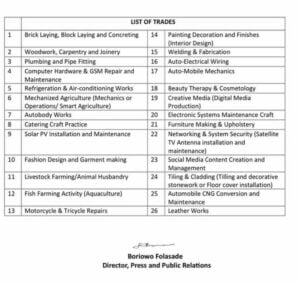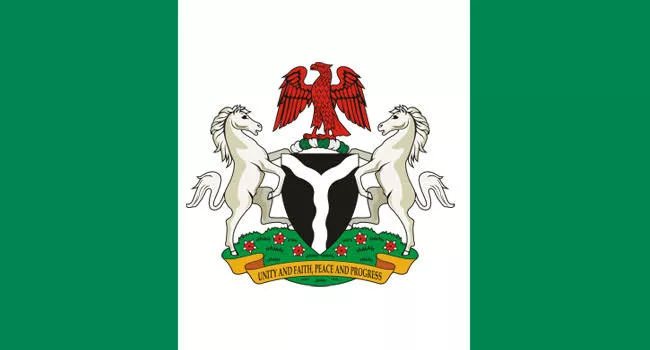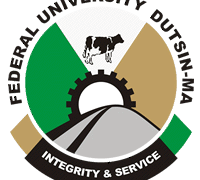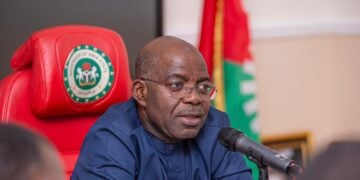The Federal Government has introduced sweeping reforms in technical education aimed at preparing Nigerian youths for jobs of the future and aligning the country’s education system with global standards.
This was disclosed in a statement dated September 10, 2025, and signed by the Director, Press and Public Relations, Federal Ministry of Education, Boriowo Folasade.
One of the media aides of President Bola Tinubu, Dada Oluwasegun, who shared the press statement on his Facebook page on Thursday, said the reform was “a major shift from the old system where certification was all that mattered.”
The Minister of Education, Dr. Maruf Tunji Alausa, alongside the Minister of State for Education, Professor Suwaiba Sa’id Ahmad, announced the new curriculum on Wednesday, describing it as a bold step to “reduce overload, build strong trade competencies, align with global standards, and prepare young Nigerians for the jobs of the future.”
Under the new structure, all Federal Science and Technical Colleges (FSTCs) will now operate fully as Federal Technical Colleges (FTCs) starting from the 2025/2026 academic year. Each college will be required to offer a minimum of six and a maximum of ten trade courses, while students will take between nine and ten subjects.
The subjects include one trade course, five or six general subjects, Mathematics, English Language, Physics, Chemistry, Biology, and Citizenship and Heritage Studies, two or three trade-related subjects, and one elective.
The government has also streamlined and modernised a total of 26 trade areas to reflect current industry needs. These areas include Solar PV Installation and Maintenance, Fashion Design and Garment Making, Computer Hardware and GSM Repairs, Livestock Farming, Beauty Therapy and Cosmetology, Creative Media, Social Media Content Creation and Management, Leather Works, and others considered critical to Nigeria’s economic growth.

According to the Ministry, the reforms are designed to ensure that students are not just learning, but learning “relevant trades to serve industry needs while strengthening Nigeria’s manufacturing, services, and digital economy.”
A new subject, Citizenship and Heritage Studies, will also be introduced to merge Nigerian History, Civic Education, and Social Studies, ensuring that students remain rooted in national values even as they pursue technical training.
Explaining the significance of the reforms, Dr. Alausa said they were directly aligned with President Bola Ahmed Tinubu, GCFR’s Renewed Hope Agenda, which targets growing Nigeria’s economy to $1 trillion by 2030.
“The new curriculum will better position students to compete in the global economy, ensuring they are gainfully employed and contributing meaningfully to national development,” the Minister stated.
The Ministry further assured schools, parents, and students of full support for a smooth transition, with a comprehensive guide of the new subjects and trade areas already attached for implementation.
The 26 approved trade areas include Brick Laying, Block Laying and Concreting, Painting Decoration and Finishes (Interior Design), Woodwork, Carpentry and Joinery, Welding & Fabrication, Plumbing and Pipe Fitting, Computer Hardware & GSM Repair and Maintenance, Auto-Mobile Mechanics, Refrigeration & Air-conditioning Works, Mechanized Agriculture (Mechanics/Operations/Smart Agriculture), Autobody Works, Catering Craft Practice, Solar PV Installation and Maintenance and Fashion Design and Garment Making
Other approved trade areas are Livestock Farming/Animal Husbandry, Fish Farming Activity (Aquaculture), Motorcycle & Tricycle Repairs, Auto-Electrical Wiring, Beauty Therapy & Cosmetology, Creative Media (Digital Media Production), Electronic Systems Maintenance Craft, Furniture Making & Upholstery, Networking & System Security (Satellite TV Antenna installation and maintenance), Social Media Content Creation and Management, Tiling & Cladding (Decorative stonework/Floor cover installation), Automobile CNG Conversion and Maintenance and Leather Works.





